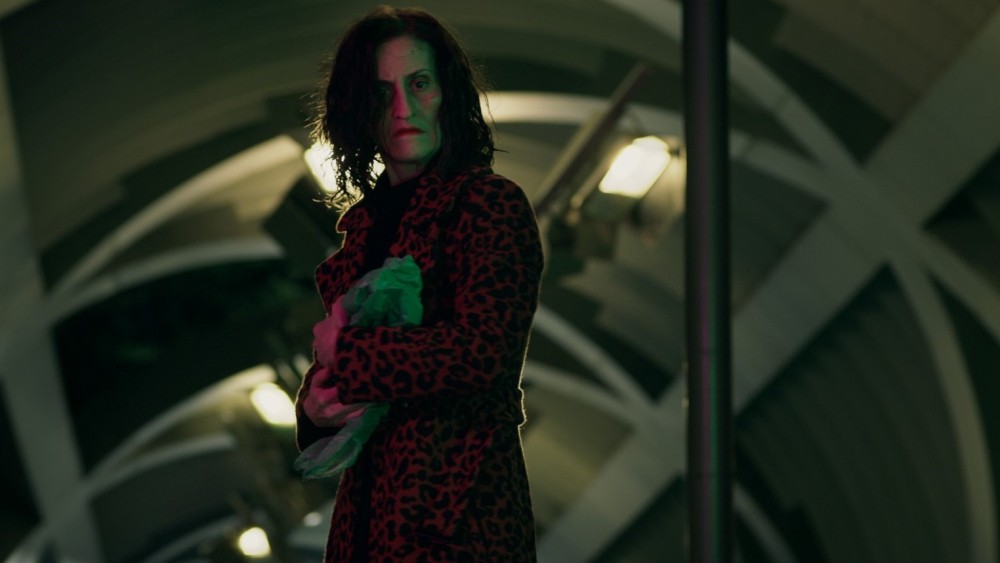
Jose Pozo, director of the celebrated Spanish short “Plastic Killer,” is traveling to the Western U.S. for his next feature film, “Unusual Cowboys,” which he plans to shoot this year.
The story follows Milton, a peaceful rancher and occasional musician who loses his daughter in a traffic accident. Her death has a further tragic impact on Milton’s life, leading him to sell his ranch and travel to Montana in search of Caleb, the man who failed to help his daughter in the accident.
It’s a film about two men who in other circumstances could have been good friends. Although separated by terrible circumstances, they share a common passion: Music.
Pozo is set to shoot the film later this year in Lockhart, Texas, and Butte, Montana, with additional sequences planned in Colorado and Wyoming.
The project garnered recognition in the 2020 Big Break Screenwriting Contest, where it landed in the top five in the drama category.
Producing the film are Roger Corbi and Yan Fisher-Romanovsky of FishCorb Films and David Ortiz of Arlong Productions along with Pozo, who is associate producing via his Andorra-based Imminent Produccions.
The feature follows his award-winning short “Plastic Killer,” a black comedy about a troubled woman in Madrid, which premiered last year at the Medina Film Festival in Spain and went on to screen in Malaga. It was one of four Spanish works shortlisted for this year’s live-action short film Oscar.
The film stars Laura Gómez-Lacueva as Amparo, who lives in an abandoned haberdashery with Carmela, a plastic bag that she believes to be her daughter. When a neighbor suffers a mysterious mishap, Amparo becomes a suspect. José Mota and Elisabet Terri also star.
For Pozo, who wrote and directed the film based on an idea by Rafael De Mateo, making “Plastic Killer” was a welcomed return to the director’s chair.
“I have spent most of the last few years as a producer, basically for other directors’ projects,” Pozo told Variety. “I had the need to shoot as an auteur, and although I had previously directed four feature films, I wanted to shoot something powerful, different from everything I had done before.”
Pozo came across the story idea and found inspiration in the concept itself. “I immediately imagined the universe that could be created through it: The woman living alone with the plastic bag, a true reflection of the loneliness in which many people are forced to survive without affection; the hypocritical ecologist who makes her life impossible for going shopping with a polyethylene bag, but then uses all kinds of plastic accessories; the inspector with rare diseases, which hinder his insight.
“All this told in the key of black comedy, where the situations are the ones that generate humor, but the interpretations are solid and dramatic. For me, this is the key to its success.”
In skewering the hypocrisy of some environmentalists, Pozo is also holding up a mirror to society.
“I believe that in this matter we humans act with hypocrisy in general. Most of us try to be at peace with this otherwise very necessary environmental movement. We recycle whenever we can, and we don’t throw anything on the ground that could end up in our rivers or our seas. But for some reason millions of metric tons end up littering them, and plastics don’t walk on their own; it takes human interaction.
“This is the message of ‘Plastic Killer.’ The problem is not the generation of plastics, it’s the misuse by humans.”
“Plastic Killer” was produced by Imminent Produccions and Arlong Productions.
Having also directed animated features, such as the Goya-winning “El Cid: La Leyenda” (2003) and “Donkey Xote” (2007), Pozo has another animated project in the works but is currently focusing on live-action.
Working on narrative features, he added, is much more personal than animation: it offers “tangible contact with actors and film crews, where you can transmit and interact more effectively. I feel more comfortable with this.”













